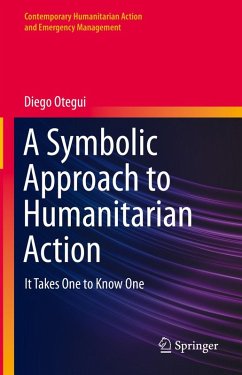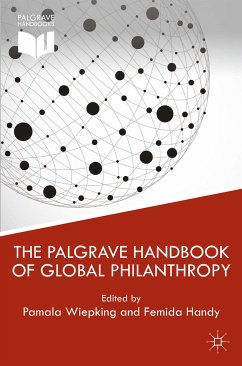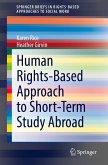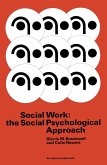This way of looking at humanitarian action builds upon a robust theoretical framework called Institutional Logics, which helps us identify and interpret how individuals make sense of their reality. So it brings the complex world of the individual into a discussion that generally considers the organization as the unit of analysis. Studying humanitarian action through this alternative lens makes it easy to see that objective and verifiable post-disaster information is a necessary but not a sufficient condition to design humanitarian interventions, let alone assess their value and benefits.
A Symbolic Approach to Humanitarian Action: It Takes One to Know One aims to bridge the gap between research and practice in humanitarian action by translating academic knowledge into an accessible format that can be used by practitioners to improve their work on the ground.
Dieser Download kann aus rechtlichen Gründen nur mit Rechnungsadresse in A, B, BG, CY, CZ, D, DK, EW, E, FIN, F, GR, HR, H, IRL, I, LT, L, LR, M, NL, PL, P, R, S, SLO, SK ausgeliefert werden.









